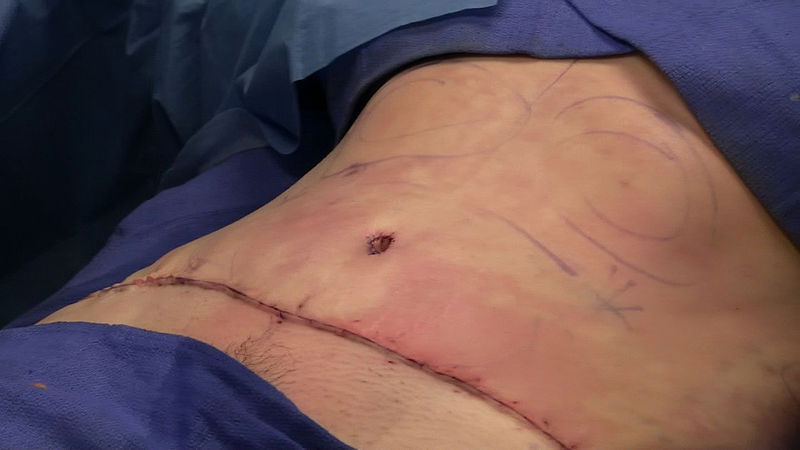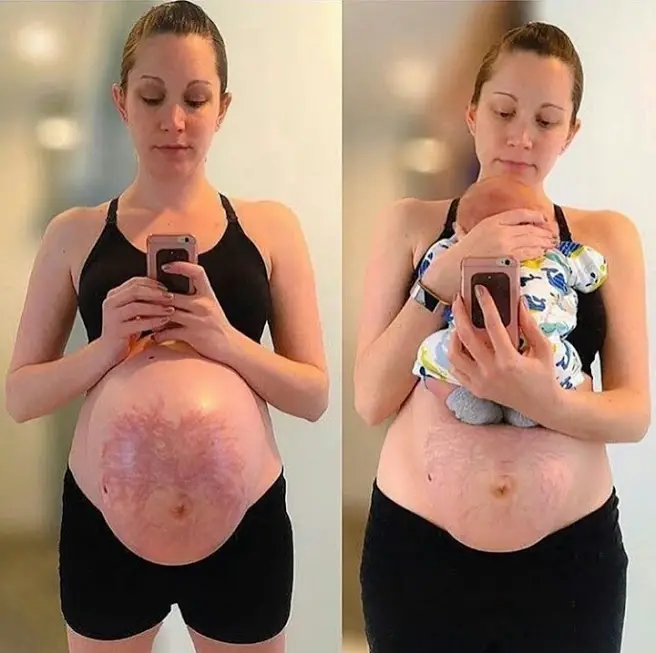Have you ever looked at your skin after taking a shower? Skin after shower is usually supple and soft, but some factors can cause the reverse to be the case.

Table of Contents
What Causes Dry Skin After Shower?
Taking a long shower with hot water typically causes dry skin after a shower. Using shower gels and soaps with harsh ingredients also contributes to dry skin after a shower. Additionally, not using a moisturizer immediately after you get out of the shower can cause dry skin.
To prevent dry skin after showering, apply an excellent moisturizer to your damp skin. Don’t allow it to dry first; the moisturizer will help trap the moisture in your skin and hydrate your skin all day.
Avoid taking long showers with hot water. Hot water strips the skin of protective natural oils. If you are going to take a long shower, keep the water warm. However, be aware that extra-long showers dry out the skin in the long run.
An oil-based shower gel and body lotion will go a long way in keeping dryness away, as long as you use it regularly. The oil helps to create a barrier, so the moisture in the skin does not escape.
Itchy Skin After a Shower – Causes and Treatment
Below are some common causes of itchy skin after a shower and how to treat them:
1. Eczema
Eczema is inflamed skin that leads to itching and dryness. You may recognize it by red rashes on your skin. If your skin itches excessively after taking a shower, check the area for red rashes. The reason it itches more after a shower is that the skin has just lost some of its protective oils. Also, shower products with fragrances or harsh ingredients can trigger itching.
To prevent it, use hypoallergenic skincare products. Using moisturizers throughout the day helps to alleviate itching and dryness. If the problem continues, see your dermatologist for further assistance.
2. Dry Skin
Typically, dry skin does not have moisture. It is made worse after a shower when water and soap strip the skin of oils. Let’s not talk about combining hot water and soap to wash dry skin.
If you have dry skin naturally, avoid taking hot water showers. If you must, use warm water. And use mild, hypoallergenic soap and cleaners. Once you are out of the shower, apply a recommended moisturizer to your damp skin. The moisture lasts longer that way.
Always check what the products’ labels say before you buy any skincare product. Keep away from products that contain alcohol, menthol, and fragrance. See your dermatologist if you are not sure which products to use.
3. Adverse Reactions to Skincare or Laundry Products
Using fragranced products to shower or wash your towels and clothes can cause itching post-shower. The ingredients in products are some of the primary causes of itching after taking a shower.
Therefore, if reducing shower time and using warm water doesn’t work, use more moisturizers. And if that does not work, check the products you use. You may have to replace the laundry detergent and shower gels you use for non-scented ones.
Other Ways to Stop Itchy Skin After Shower
- Get a Humidifier. If the humidity is low, it may anger dry skin. But with a humidifier, the air feels better on the skin, especially during winter.
- Shower Once a Day. If you are used to taking showers more than once every day, cut it down. You risk hurting your skin more when you strip it of protective oils. And showering does just that – strip it of oils.
- Pat Your Skin Dry. When drying your skin after a shower, don’t rub it harshly. Pat it gently until you leave it just damp. Harshly rubbing the skin may increase irritation and encourage dryness.
- Don’t Scratch. As tempting as it may be, scratching your skin when it itches irritates it further and worsens the itch. You may gently rub the itchy area, but don’t scratch it.
- Keep Away from Retinoids and AHAs. Skincare products that contain alpha-hydroxy acids or retinoids can irritate and burn dry skin. If you are not sure what they are, consult with a dermatologist.
Click here to read these interesting articles…
What Deodorant Is Good for Sensitive Skin – Clear Answer
How to Improve Sagging Skin on Legs – Comprehensive Answer
What Is the Best Laser Treatment for Skin Tightening – Honest Answer
Skin After Waxing [Problems, Solutions & Care]
Skin After Weight Loss [Problems & Solutions]
Red Skin After a Shower – What It Means
If you tend to have red skin after taking a shower, you may be using too-hot water. Hot water will leave your skin red and blotchy, and the blotchiness may worsen if you continue using hot water.
Reduce the number of times you take a shower in a day and use warm or cold water. Give it time and see if the redness improves. If it does not, you may have rosacea.
Red skin is not the only symptom of rosacea, though it tends to start as redness of the skin. But over time, you will notice symptoms. You may see that when you use specific skincare products, your skin burns, itches, or stings. And when you eat spicy food or take hot beverages, your face and neck redden involuntarily. The same applies to taking alcohol.
See a doctor if the red skin does not improve even with cold showers and using the right skincare products. If you have rosacea, the doctor will know what to do.
My Skin Burns After a Shower – Solved
The shower water may be too hard for your skin. Hard water contains high amounts of magnesium and calcium, though they occur naturally. But they reduce how effective and soluble soaps are, and with time, residue accumulates on your skin. Consequently, your skin reacts by getting irritated.
You may also have dry skin, easily irritated by skincare products. Showering only triggers or worsens the irritation.
Try water from another source and see if there is a difference. Also, change your current skincare products. These should help with the burning sensation after a shower. If they don’t work, see a dermatologist.
Skin After Shower – FAQs
Dead Skin After a Shower – What It Means
Dead skin after a shower is desquamation. It is a process of shedding dead skin cells and replacing them with new ones. You may see the dead cells after taking a shower because they wash off easier that way. It is not an everyday occurrence, but it is not a bad one, either.

